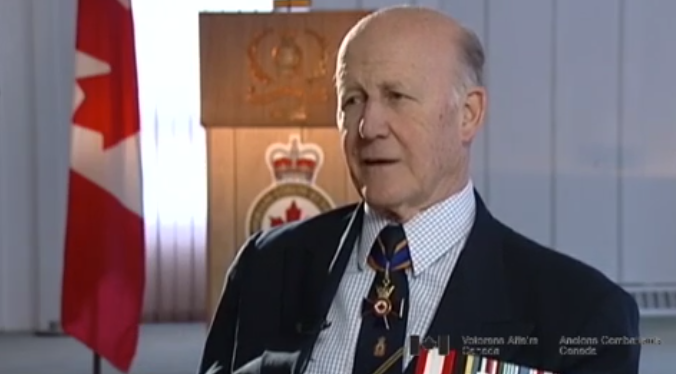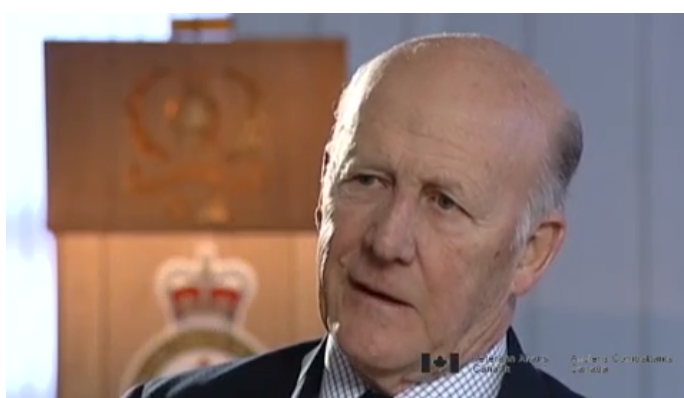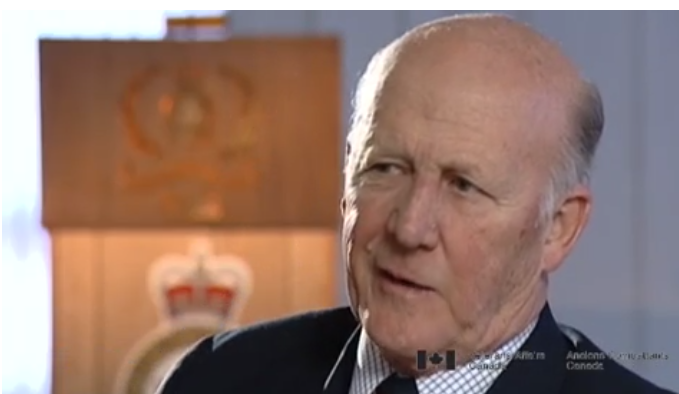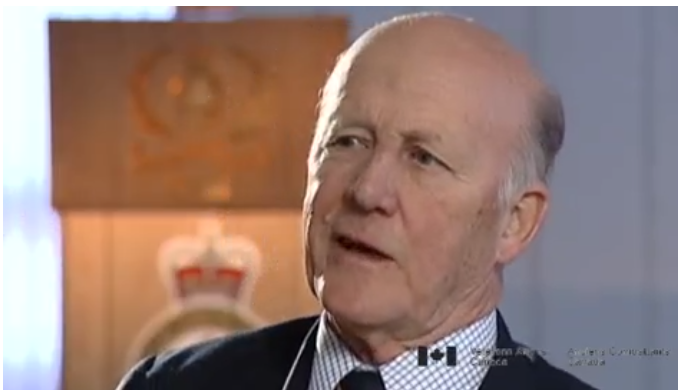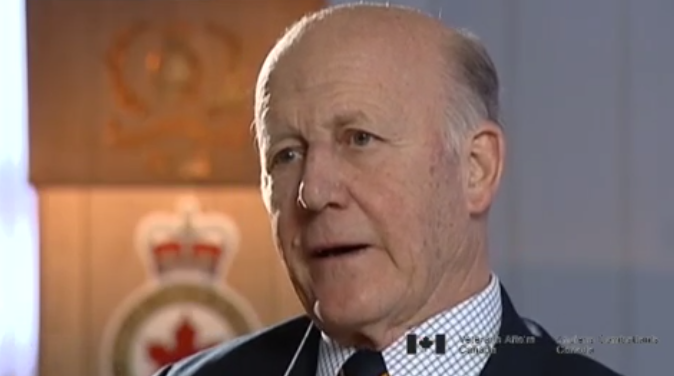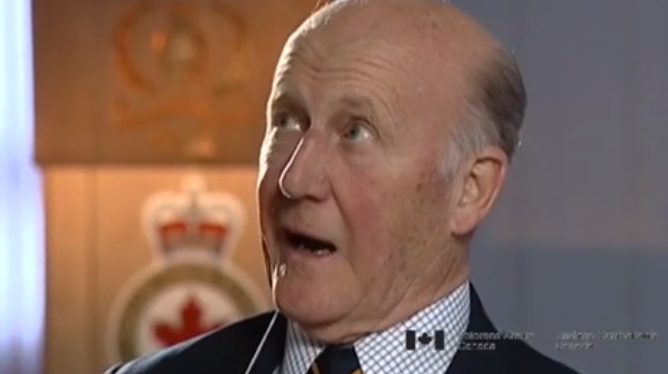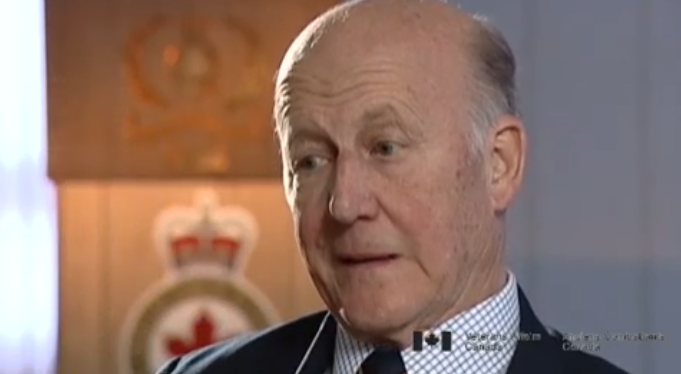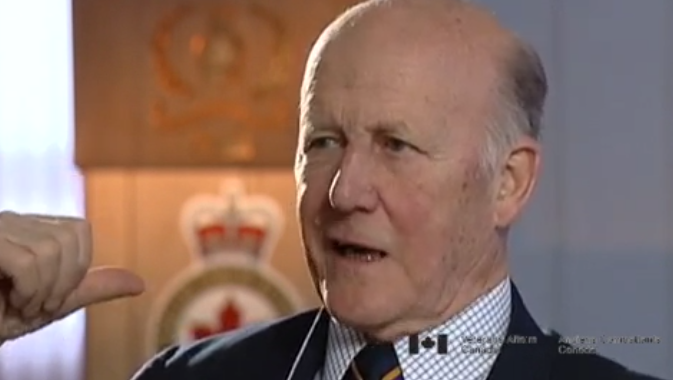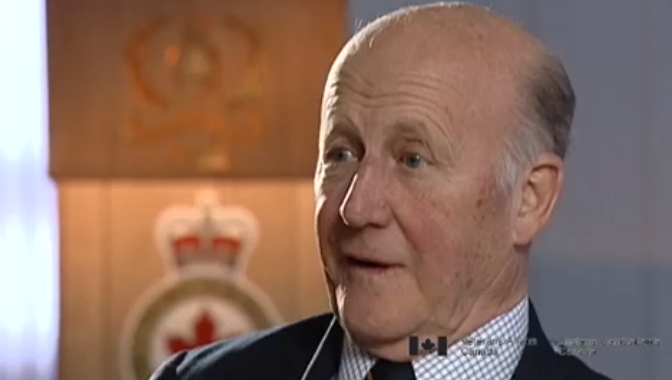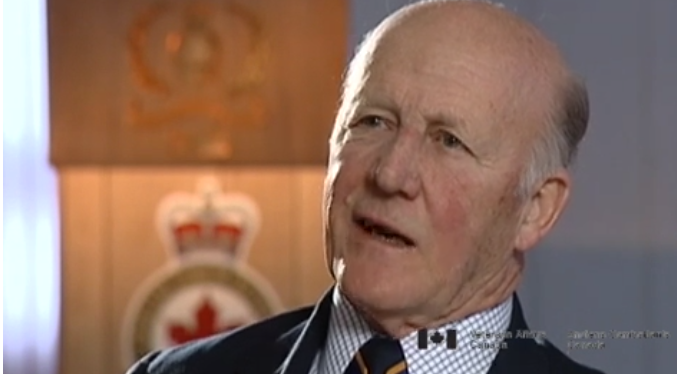You’re gonna get the job then that what you’ve been trained to do
You’re gonna be a platoon commander in my case in the infantry.
I was given a sergeant as an assistant who was a sergeant from
the PPCLI and myself, and we were literally given a block
syllabus. A syllabus, a timetable to put about sixty people
through basic training. You had twelve weeks to do that and
during those twelve weeks of course, some of them fell off by
the side, some of them went AWOL, some got sick, some got hurt in
training. And by the end of the training, you got about 40, 42
people left out of the sixty some odd. Then as a group we
selected, the sergeant and myself, rather not as, but amongst
the group we selected three section commanders. It was up to us
to have judged their leadership because we appointed them on the
spot, with the sanction of the commanding officer, three
corporals that were gonna become section commander.
Because you know, the military is a very structured organization
and, and necessarily so. So the people that run a section of
eight to ten men are not like a commissioned officer that
gets a platoon of about forty. But at the same time that young
man you depended on to run that little group because in the field
you don’t see more than three or four guys beside you. You take
the lead in the dark or in dyer situations. You wear a rank on
your shoulders but it doesn’t automatically get you respected.
I mean getting yourself respected is something that you have to
work at by showing that you can be compassionate to your troops
but you can be concerned with their wherewithalls, and their ills
their problems and so on. And NCO’s over the years, the
non-commissioned officers realize who’s on their side and who
isn’t. If you’re wise at all in training and as a young officer
too, that you realize the experience of these individuals that
they, in fact, continue your training because in the school of
infantry and in the school as well you are going through your own
basic training they were the instructors. A lot in our case,
of course, were also World War Two people because that was five,
six years after the war. So we were the new generation.
But most of our people that were, say, sergeants at the beginning
of Korea and that sort of thing or in the case of officers or
perhaps a captain that had done four or five years as a
lieutenant. These guys almost invariably were World War Two.
So, you know, and they carried a row of ribbons and medals and we
tended to listen to them. So, and if you’re judicious enough to
take their suggestions, you don’t have to because you’re the guy
that’s the boss, but you would probably find, on analysis,
that they’re usually right when they make a suggestion to you and
so you learn to . . . Yeah, it’s like having a whole bunch of
executive officers working with you but having a little board was
only two or three people. Sound them out, always do that and
if you have any doubts whatsoever about doing an attack from the
right flank or the left flank you just look at the eyes in the
sergeant, you know, and if he says . . . if you see him crinking
probably he’s thought of something you may not have thought of,
so you ask him then and make up your mind. To be able to be just
as physical and as tough as they are is also important.
They can’t see you as a wet noodle. If you’re asking them
to be tough and to leap out of an air plane with you know,
with sixty pounds of kit on your back, they expect
to see you do it, too.



